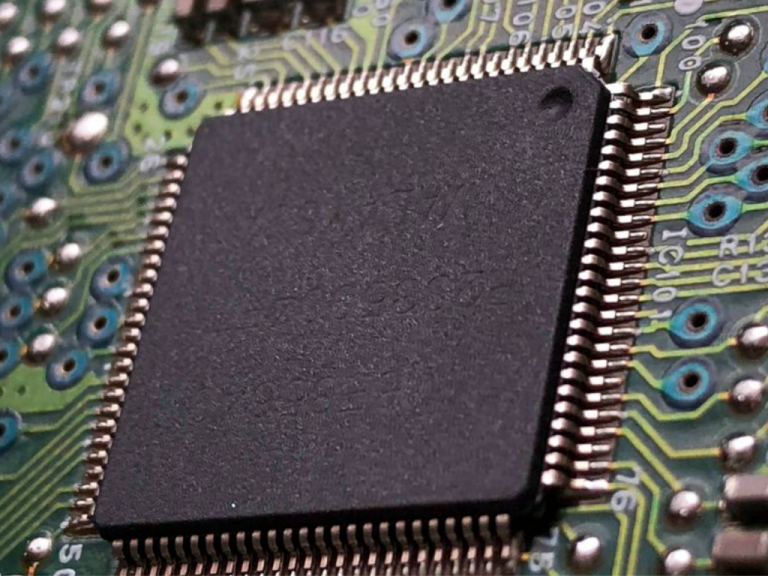While Elon Musk buys up a reported 10,000 GPUs to fuel his new “TruthGPT” efforts, other manufacturers are deciding to create their own in-house chips to train their large language model platforms, and it seems Microsoft is well on its way to creating its own custom processor.
According to a report from The Information, Microsoft has been quietly tinkering with its own artificially powered chip since 2019. The reported AI chip will most likely end up being a B2B effort between Microsoft and businesses looking power their own OpenAI GPT-4 and above chatbot efforts but can’t find supply from a hampered NVIDIA.
Currently NVIDIA stands as the leader in AI server chips with demand from businesses such as OpenAI alone who may need up to 30,000 of the companies A100 GPUs to bring a commercial variant of its ChatGPT platform to enterprise.
With NVIDIA’s H100 GPUs selling second hand for $40,000 on eBay, Microsoft is turning inward to produce a less expensive alternative to NVIDIA’s highly in-demand chips with Project Athena.
As Microsoft moves forward with putting its customized OpenAI powered platform into its various products, the company is said to be using Project Athena as way to enact coast cutting measures during the massive language training it will need to proliferate its use.
It is unclear at the moment if Microsoft is intending to wean itself off NVIDIA dependency for server-level GPUs, perhaps get an architecture model in place to partner with the likes of Intel’s Foundry Services and its new fabrication plans, or create some hybrid solution with its purchase of Fungible to offer both cloud services and hardware directly to its Azure customers.
At the very least, this new report puts Microsoft in the conversation with the likes of Google and Amazon as companies drafting their own in-house chip designs while highlighting its commitment to an AI-led future, and seemingly puts its Metaverse conversations from 2022 further in the rearview.


